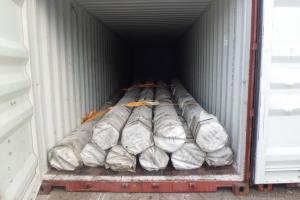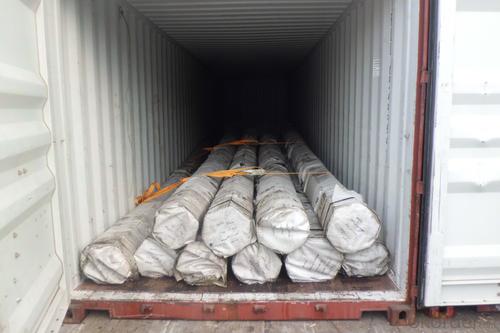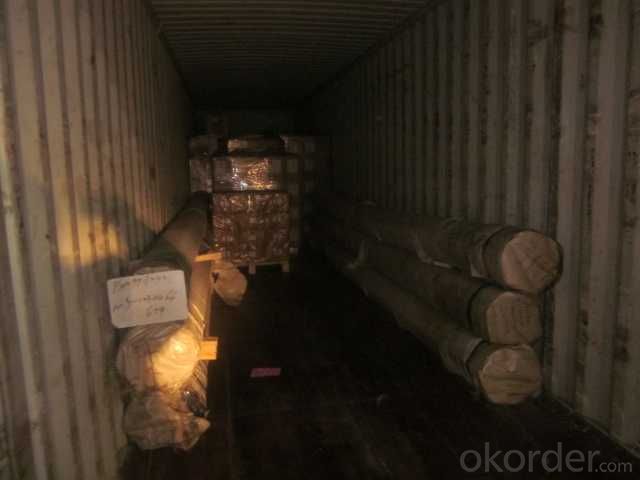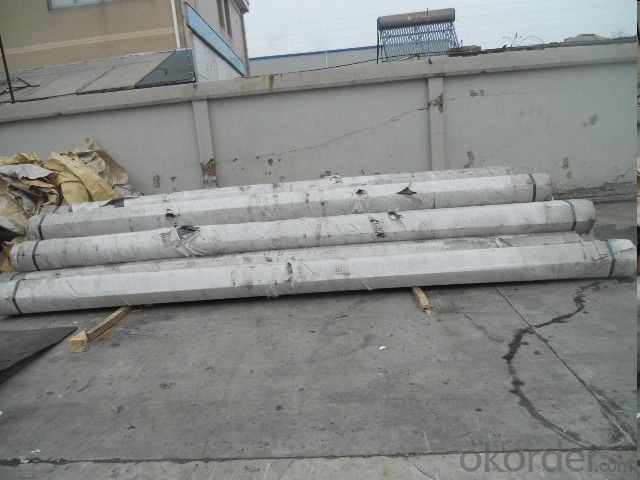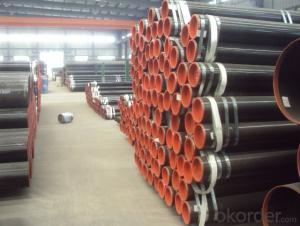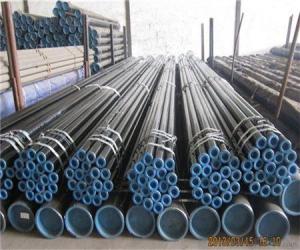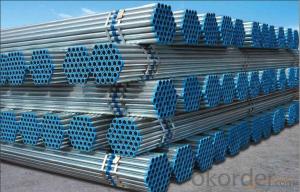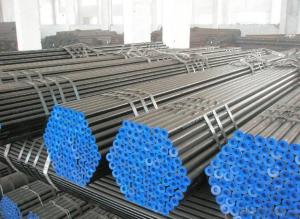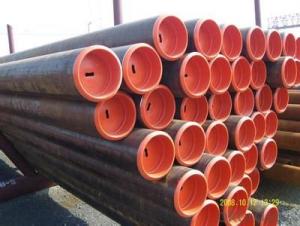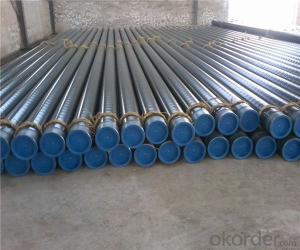hot selling ASTM A179, A192 seamless steel tube
- Loading Port:
- Shanghai
- Payment Terms:
- TT OR LC
- Min Order Qty:
- 10 m.t.
- Supply Capability:
- 100000 m.t./month
OKorder Service Pledge
OKorder Financial Service
You Might Also Like
1. Common standard of boiler tube:
ASTM A53 Seamless tube for boiler
ASTM A106 Carbon steel tube for High-Temperature Service
ASTM A178 Electric-Resistance-Welded Carbon Steel and Carbon-Manganese Steel Boiler and Superheater Tube
ASTM A192 Seamless Cold-Drawn Low-Carbon Steel Heat-Exchanger and Condenser Tube
ASTM A209 Seamless Carbon-Molybdenum Alloy-Steel Boiler and Superheater Tubes
ASTM A213 Seamless Ferritic and Austenitic Alloy-Steel Boiler,Superheater and Heat-Exchanger Tubes
ASTM A335 Seamless Ferritic Alloy-Steel Pipe for High-Temperature Service
DIN 17175 Seamless tube of heat-resistance steel
DIN 1629 Seamless circular tube
DIN 28180 Seamless steel tubes for tubular heat exchangers
EN 10216-2 Seamless steel tubes for pressure purpose
JIS G3461 Boiler tube for heat-resistance
JIS G3462 Alloy boiler tube for heat-resistance
JIS G3467 Steel tube for fired heater
JIS G3458 Alloy tube
2. Application:
Boiler tubes are a kind of frequently-used tubes in our life,they are mainly used in manufacturing heating pipelines,containers,coal-saving devices,superheaters,arch tube,reheater tube,airway tube etc.we have much experience to produce high quality products for your suiatable applications.
3. Specification:
OD: 12.7-610mm
Thickness: 2.5-45.0mm
Length: Generally speaking,we suggest 5.8m,6m,11.8m or 12m suitable for 20ft or 40ft containers.
- Q: How are steel pipes used in natural gas processing plants?
- Steel pipes are used in natural gas processing plants to transport and distribute the gas throughout the facility. They provide a reliable and durable infrastructure for the safe and efficient movement of gas from extraction to processing and distribution.
- Q: How are steel pipes connected or joined together?
- Steel pipes are commonly connected or joined together through welding, threading, or using pipe fittings such as couplings, flanges, or unions.
- Q: How do steel pipes handle seismic expansion joints?
- Steel pipes handle seismic expansion joints by incorporating flexible components, such as bellows or expansion joints, which can absorb the movement caused by seismic activity. These flexible components allow the pipes to expand and contract without causing stress or damage to the system, ensuring the integrity and longevity of the pipeline during seismic events.
- Q: Can steel pipes be used for electrical conduit systems?
- Yes, steel pipes can be used for electrical conduit systems. Steel pipes are a popular choice for electrical conduit systems due to their durability and strength. They are capable of providing protection to electrical wires and cables from physical damage, moisture, and other environmental factors. Steel pipes also have high resistance to fire, making them suitable for installations in buildings where fire safety is a concern. However, it is important to note that steel pipes may require proper grounding to prevent electrical shocks and should comply with local building and electrical codes.
- Q: What are the different standards for steel pipe manufacturing?
- There are several different standards for steel pipe manufacturing, including ASTM (American Society for Testing and Materials), ASME (American Society of Mechanical Engineers), API (American Petroleum Institute), and DIN (Deutsches Institut für Normung). These standards provide specifications for various aspects of steel pipe production, such as dimensions, chemical composition, mechanical properties, and testing procedures. Compliance with these standards ensures the quality and reliability of steel pipes for different applications and industries.
- Q: What's the use of steel pipe?
- No other type of steel can replace the steel tube entirely, but the steel tube can take the place of some sections and bars. Steel pipe is very important to the development of national economy and the improvement of human life quality, much better than other steel products. From the people's daily utensils, furniture, water supply and drainage, gas supply, ventilation and heating facilities to all kinds of agricultural machinery equipment manufacturing, underground resources development, national defense and space use guns, bullets, missiles, rockets and so cannot do without steel.
- Q: Can steel pipes be used for irrigation pumps?
- Yes, steel pipes can be used for irrigation pumps. Steel pipes are commonly used in irrigation systems due to their durability, strength, and resistance to corrosion. They can efficiently transport water from the pump to the irrigation fields, ensuring a reliable and long-lasting solution for irrigation needs.
- Q: What is PE coated steel pipe? Seek explanation
- PE pipe is a kind of thermoplastic resin with high crystallinity and non polarity.
- Q: How are steel pipes classified based on their thickness?
- Steel pipes are classified based on their thickness into three categories: standard, extra strong, and double extra strong.
- Q: What is the typical lifespan of steel pipes?
- The typical lifespan of steel pipes can vary depending on various factors such as the quality of the steel, the environment they are exposed to, and the maintenance and care they receive. However, on average, steel pipes can have a lifespan of anywhere between 20 to 100 years or more.
Send your message to us
hot selling ASTM A179, A192 seamless steel tube
- Loading Port:
- Shanghai
- Payment Terms:
- TT OR LC
- Min Order Qty:
- 10 m.t.
- Supply Capability:
- 100000 m.t./month
OKorder Service Pledge
OKorder Financial Service
Similar products
Hot products
Hot Searches
Related keywords
